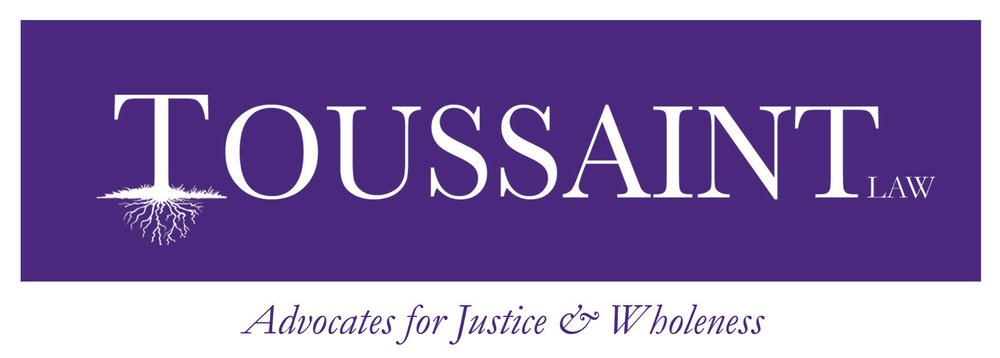In the many conversations that I have had with parents of children with disabilities, I often hear stories from frustrated parents about how their child's IEP team denied them a requested service or change to their child's IEP. In many of these cases, the school representatives simply tell the parents that the school would not be providing their child the service without providing an explanation. In other cases, the school representatives might provide some explanation but will do so orally or simply make reference to the decision in the IEP meeting minutes. The law requires schools to do more than simply deny a parent's request for a change to their child's IEP or the services that the child is provided. The law requires that the school inform the parents of their decision with a written notice and the notice must incorporate several elements in order to be in compliance with the law.
You are entitled to receive prior written notice when your child's school refuses your request pertaining to your child's IEP
The Individuals with Disabilities Education Act (IDEA) calls the notice that is required under these circumstances Prior Written Notice. Any time a school proposes or refuses to initiate an evaluation or change the identification, educational placement, or free and appropriate education of a child with a disability, at the parent's request, the school must provide the parents written notice. To put it simply, your child’s school must provide you with written notice anytime they want to make a change or refuse to make a change to your child’s IEP. For example, if you believe that your child needs to receive special transportation services to school and the school disagrees, they must provide you with their decision not to provide the service to your child to you in writing.
What should the notice include?
Not only must the school provide the parent with notice of the proposed or refused change to a child's IEP, it must ensure that the notice contains certain elements. The notice must describe the action that the school proposes or refuses to take and provide an explanation of why the school proposes or refuses to take the action. The explanation should include a description of each evaluation procedure, assessment, record, or report the school district used as a basis for the proposed or refused action. The notice should also describe other options considered by the IEP team and the reason those options were rejected along with a description of other factors that the school considered in making its decision.
So what does this mean?
In other words, if your child's school (by way of the IEP team) refuses to provide your child with a service or make a change to your child's IEP after you have requested it, they have to do more than tell you "no." The school's response to your request should be presented to you in writing and the decision should be supported by an evaluation, report, or other source of data. The information contained in the notice can, at the least, be an empowering tool for the parents and would be instrumental should the parent decide to file a complaint against the school in response to its denial of the parents request. Requesting prior written notice also forces the school to give due consideration to a parent's request and only refuse that request after extensively evaluating it and considering other options. In some cases, requesting such might even encourage the school to reconsider its decision!
The next time you ask that your child's school do something pertaining to his or her IEP, know that you are entitled to more than a simple denial of your request. Ask the school to provide you with prior written notice of its decision and ensure that the school has supported it's decision with the required documentation.
